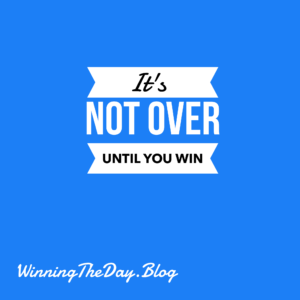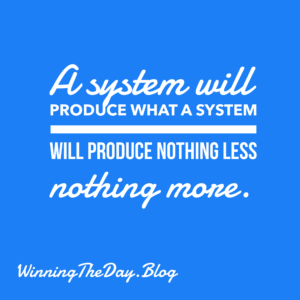In this 4-part blog series, we will cover the essential elements of successful lead conversion in real estate. This second installment focuses on building trust, the bedrock of any successful client relationship. Clients are making significant financial decisions, and they need to feel confident in your expertise and integrity.
The Psychology of Trust:
Trust is earned, not given. It’s built through consistent demonstration of competence, integrity, and empathy. It’s built through consistent demonstration of competence, integrity, and empathy.
In real estate sales, this means showcasing your market expertise, being honest and transparent in all your dealings, and genuinely caring about your clients’ needs. Competence involves demonstrating a deep understanding of the local market, the buying/selling process, and effective negotiation strategies.
Integrity means being truthful, ethical, and acting in your client’s best interests, even when it’s difficult. Empathy requires actively listening, understanding their concerns, and putting yourself in their shoes. When clients perceive you as competent, honest, and caring, they are far more likely to trust you with their biggest financial decisions, leading to stronger relationships and successful transactions.
Actionable Steps:
- Share Valuable Insights: Position yourself as a go-to resource by consistently sharing valuable content.
- Showcase Your Success (Subtly): Share testimonials and success stories, focusing on the client’s positive outcome.
- Be Transparent: Honesty is paramount. Be upfront about potential challenges.
Example Applications:
- Create a short video explaining recent market changes.
- Share a client testimonial that highlights your communication skills.
- Be honest with a client about the potential downsides of a property.
Trust is the bedrock of successful real estate transactions.
Part 3?
In the next part of this series, we will explore how to frame your solutions in a way that resonates with your client’s individual goals.





